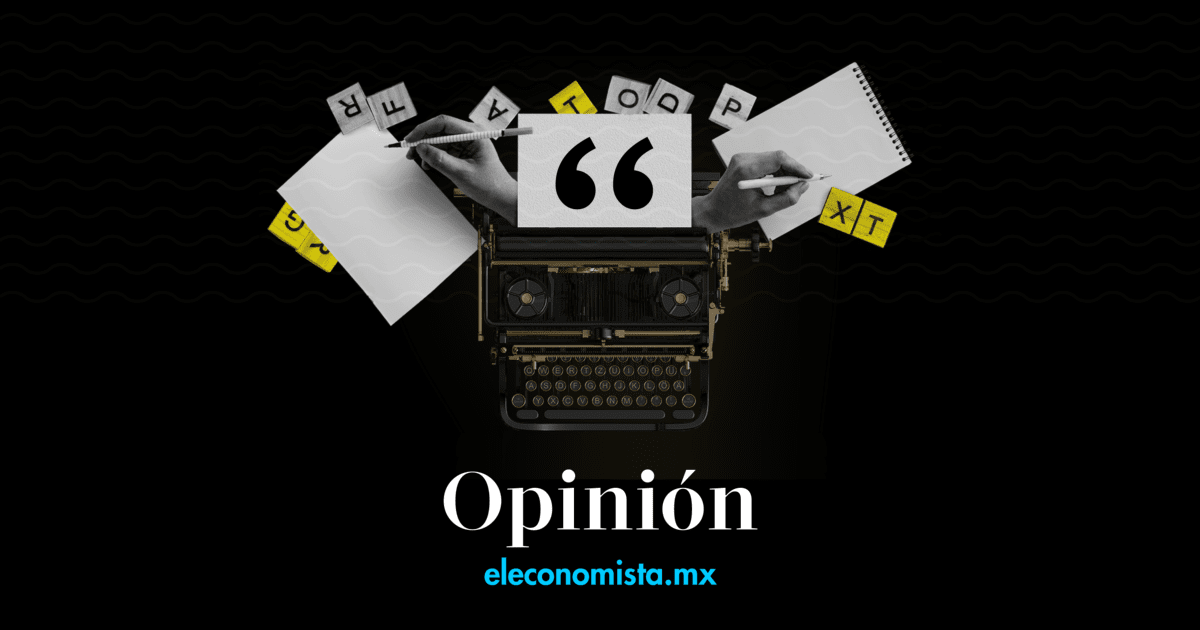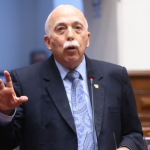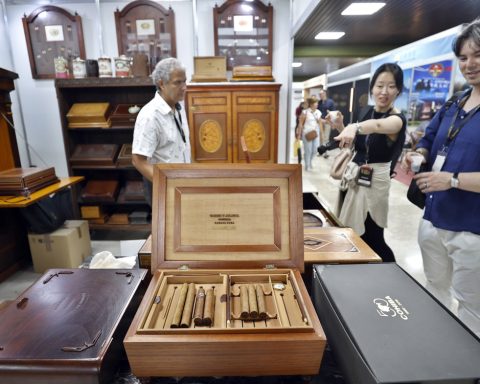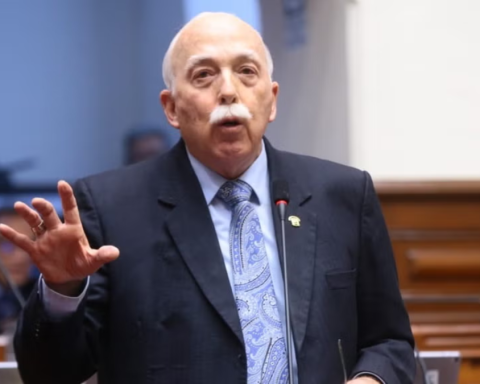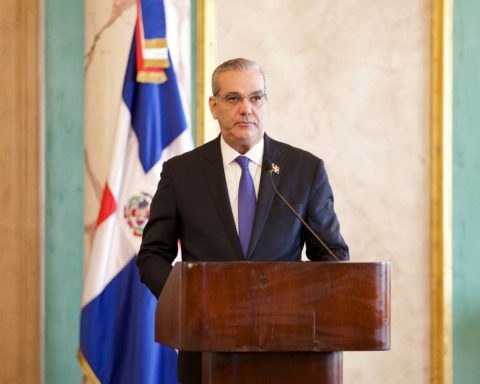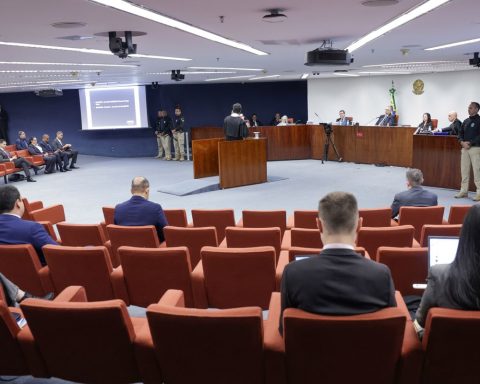In the forties, within the framework of the founding of the United Nations Educational, Scientific and Cultural Organization (UNESCO), a memorable and unfortunate event occurred, but at the same time illustrative that comes to mind now in the framework of the World Culture Summit (Mondiacult) that will take place this week in Mexico.
It turns out that, through Armand Mattelart, I know that Master Louis Aragón was invited to give a keynote address at the Sorbonne University in Paris. He proposed to the organizers the title “The culture and the people (or the people)”; in the British version it became Culture and the people and in the North American Mass culture or Culture of the masses. This does not end there, the North American expression appeared in French and the institutional circular announced the conference under the title “Culture of the masses”, and already in 1947, when it was published, the editor of Unesco titled it: “The elites against culture” . Master Aragón would say at that time that nothing in the Unesco program could be carried out if, from the beginning, they were not extremely severe with the use that was made of words.
At the moment, from my point of view, there are still these types of inaccuracies in words and concepts within UNESCO, but not for translation issues, such as the understanding of its humanist tradition. The body has called for planning culture as a global public good (sic). The World Culture Summit to be held in Mexico this week seems like the right space for it. However, one thing must be made clear: The meaning of the expression global public good. In a successful essay, entitled The globe in search of the world, the humanist philosopher and politician Carlos Castillo Peraza, exposed the need to move from the globe to the world, since the globe represents globalization, while the world represents globalization. He argued that moving from the first to the second implied assuming that we live and inhabit a planet in which human beings are organized to live humanely, but reasonably coordinating their rationalities, as well as their freedoms and dignities for the benefit of the whole. All this based on a fair law and a highly legitimized authority.
The foregoing entails promoting norms and designing institutions whose purpose is to make humanity live well. Seen this from globalization, we would be facing a process in which individuals, communities and nations do matter. Contrary to the globe, because as he points out, the globe, unlike the world, lives in a dizzying process of interconnection associated with globalization. In effect, a process in which only what is functional in economic terms for the world’s market owners is connected, and what does not work for their purposes is disconnected. In short, the globalization it is a process of connection in which individuals, communities or nations do not matter. It is therefore pertinent to point out that UNESCO is called to speak of the world, of the universe and not of the globe. This is done by organizations such as the World Trade Organization, for example, where the templates for labor contracts and the McRules of commerce are developed to generate the so-called McJobs.
It is from there that the legal bases that generate public goods and not from cultural policies as they have insisted on believing. I think Mondiacult has an origin problem. In 1982 they omitted the legal part of culture and cultural processes, they focused on the definition of a concept associated with development and jumped to the design of cultural policies. Access to culture, the exercise of cultural rights, respect for copyright, industrial property, collective creations, plant variables, etc., go through the law. Enforcing this from the State is not only a matter of public policy. I hope it is understood.
The World Culture Summit takes place at a complicated international moment, in which we see a globe in search of the world. Here, UNESCO can generate that navigation chart, in terms of Jesús Prieto de Pedro, creator and promoter of the Ibero-American Culture Charter, who maintains that this type of agreement is what can make culture that social dimension of citizenship. It will therefore depend on a common understanding of words and concepts, as well as the implementation of more effective democratic activism at the international level.
